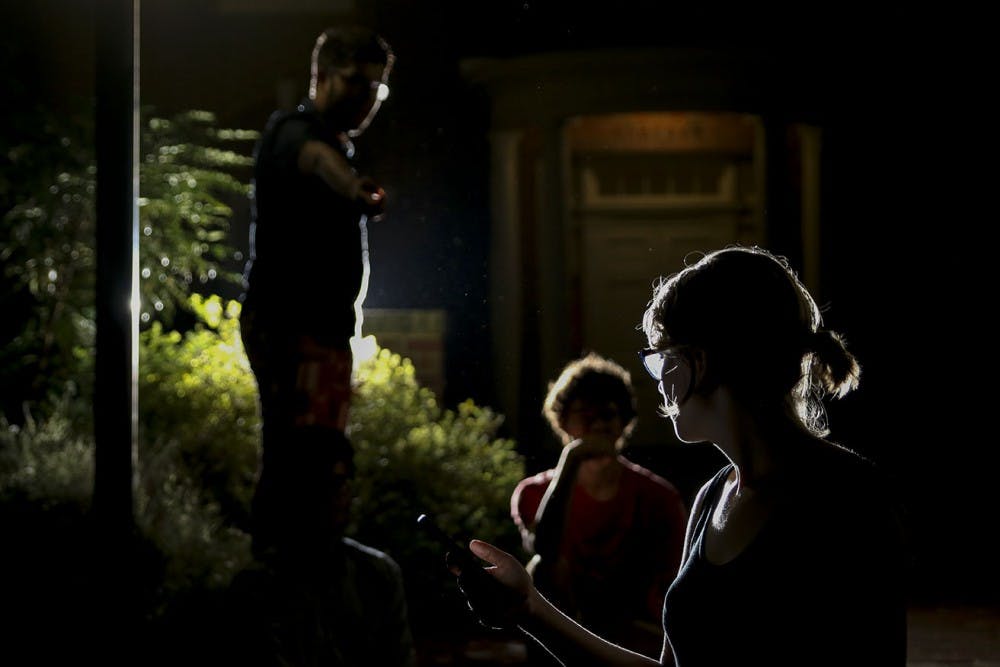In 2015, UNC graduate Kayla Blevins intervened to stop a kidnapping, a situation that had escalated past catcalling, on the corner of Kenan Street.
She said she was driving with her boyfriend when two girls ran toward them screaming that a man had a gun. Blevins flashed her lights at the man who had his hands around another girl. The lights frightened him and he let the third girl go before jumping in to his car and driving off. Blevins told the girls to get in her car and get the man’s license plate, allowing police to find and arrest him within a few days.
“It was kind of this feeling that we are a community here at UNC and you would hope that if that situation were happening to you, that someone else would stop,” Blevins said.
Blevins said she doesn’t know if the girls had been catcalled before the man tried to kidnap them, but she said she believes women shouldn’t have to be worried about walking down the street.
“The fact that any female should have to be concerned walking down the street is disturbing enough,” she said. “There were three of them and after everything you hear in college — they were doing the right thing. It wasn’t even that late at night. They were walking together as a group.”
Elizabeth Davidson, co-chairperson of Project Dinah, an organization that provides a space for survivors of interpersonal and gender-identity based violence including street harassment, said she advocates for bystander intervention when someone is being catcalled.
“It’s not the victim’s fault. It’s not your fault if you’re being yelled at or followed or touched,” she said. “But something I would advocate is bystander intervention. There are good safe and effective ways of intervening in a situation like that. Especially male allies can say ‘Hey, that’s not cool’ or ‘Why would you say that?’ or ‘I don’t really know what you mean by that. Can you explain?’”
Department of Public Safety spokesperson Randy Young said DPS could not release information on Wooten’s case because it is still being investigated, but he said DPS encourages students to report catcalling more often.
Young said there are several new resources to help with reporting, including the new LiveSafe app that was released this fall.
Young said there are no criminal charges for catcalling unless it rises to the level of a viable threat, but he said he still encourages people to report it to help someone in the future.
To get the day's news and headlines in your inbox each morning, sign up for our email newsletters.
“It may not (rise to the level) with one individual, but it may be a part of a series perpetrated by the same individual and it might have risen to a different level elsewhere or it might escalate,” Young said. “So we would certainly rather hear about it and if it constitutes as a viable threat, we would certainly make the campus aware.”
Wooten said as a woman, she is used to catcalling, but what made this experience different from any other catcall was that she felt threatened.
“Even though it’s a really sad thing to say, I’ve never felt threatened by it before. I may have felt uneasy, but never threatened.”
university@dailytarheel.com




